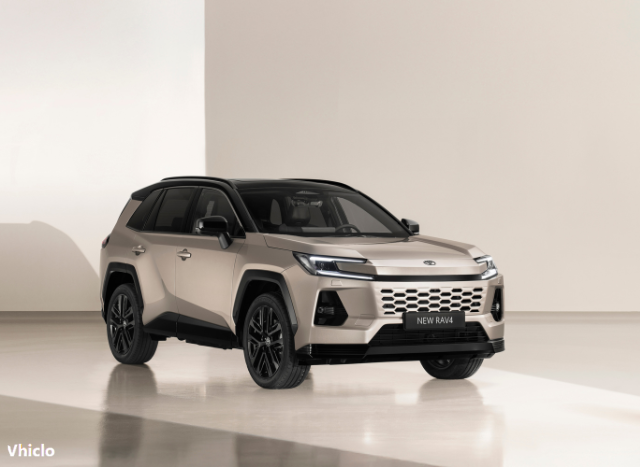By Shaker Abady | Vhiclo | May 2, 2025
WASHINGTON, D.C. — A political storm is brewing in the halls of Congress, and the auto industry is once again caught in the crossfire. On Thursday, the U.S. House of Representatives voted to revoke California’s authority to enforce stricter vehicle emissions regulations, challenging a decades-old precedent and setting the stage for a nationwide showdown over environmental policy and state sovereignty.
The vote, backed by a narrow majority, blocks California’s planned ban on the sale of new gas-powered vehicles by 2035 — a core component of the state’s aggressive clean energy roadmap. The decision has major implications not just for California, but for more than a dozen other states that follow its lead under Section 177 of the Clean Air Act.
Contents
A Clash of Ideologies and Industries
California has long been at the forefront of environmental legislation. Its stricter vehicle emission rules — first adopted in the 1960s — have been credited with reducing smog and pushing automakers to innovate cleaner technologies. But the new federal decision halts the state’s future efforts in their tracks.
“This is about restoring a level playing field,” said Representative Bill Johnson (R-OH), who co-sponsored the bill. “Auto manufacturers can’t be expected to navigate a patchwork of regulations.”
Environmental advocates, however, warn the move will hinder progress on climate change goals. “This is a dangerous rollback,” said Gina McCarthy, former EPA administrator. “The federal government is undermining state rights and public health in one sweep.”
According to The Associated Press, the decision comes amid increasing pressure from fossil fuel lobbyists and industrial unions concerned about job losses tied to electrification mandates.
Impact on Automakers and Investment Strategy
For automakers, the reversal creates both relief and confusion. Many manufacturers, especially U.S.-based ones, welcomed regulatory consistency, but now face uncertainty about long-term investment planning. Companies such as Ford and GM had already committed billions toward transitioning to electric vehicle (EV) production to meet California’s upcoming targets.
“This whiplash in policy puts our innovation pipeline at risk,” said a spokesperson for General Motors. “We’ve aligned our long-term goals with zero-emission standards, and we need clarity, not conflict, to move forward.”
According to Reuters, Ford’s EV development center in Irvine, California, is one of several sites that may see scaled-back funding if state mandates are overturned.
Environmental Goals in Jeopardy
California’s 2035 ban was intended to reduce the state’s transportation-related emissions, which account for roughly 40% of its total greenhouse gas output. Blocking these standards risks undermining California’s broader commitment to carbon neutrality by 2045.
The ruling could also slow progress for other states that adopted California’s Advanced Clean Cars II program. These include New York, Washington, Oregon, and Massachusetts, where similar rules were set to take effect over the next five to ten years.
“We are looking at a potential climate setback of a decade or more,” warned Leah Stokes, a climate policy expert at UC Santa Barbara, during an interview with NPR.
What’s Next for the Auto Industry?
The decision is expected to face legal challenges, with California officials vowing to sue the federal government. The Supreme Court may ultimately be tasked with determining whether the Environmental Protection Agency (EPA) can override California’s waiver rights under the Clean Air Act.
Meanwhile, auto manufacturers are likely to adopt a cautious approach to future EV investments — at least in the short term, as regulatory battles unfold. Some firms may shift attention to international markets with more predictable environmental frameworks, such as the EU or Canada.
Consumers could also face setbacks, as state-level incentives for EV adoption may lose momentum, delaying access to cleaner and more affordable electric vehicles.
“This isn’t just about politics,” said Katherine Garcia, Director of Clean Transportation at the Sierra Club. “It’s about our health, our jobs, and our planet.”

Shaker Abady is a seasoned Automotive Engineer with a deep passion for vehicle innovation, performance optimization, and industry trends. With hands-on experience in mechanical systems, diagnostics, and emerging automotive technologies, Shaker brings a unique perspective to every piece he writes. Whether he’s breaking down the latest EV advancements or analyzing classic engine designs, his insights are rooted in real-world expertise and a lifelong enthusiasm for everything on wheels.






